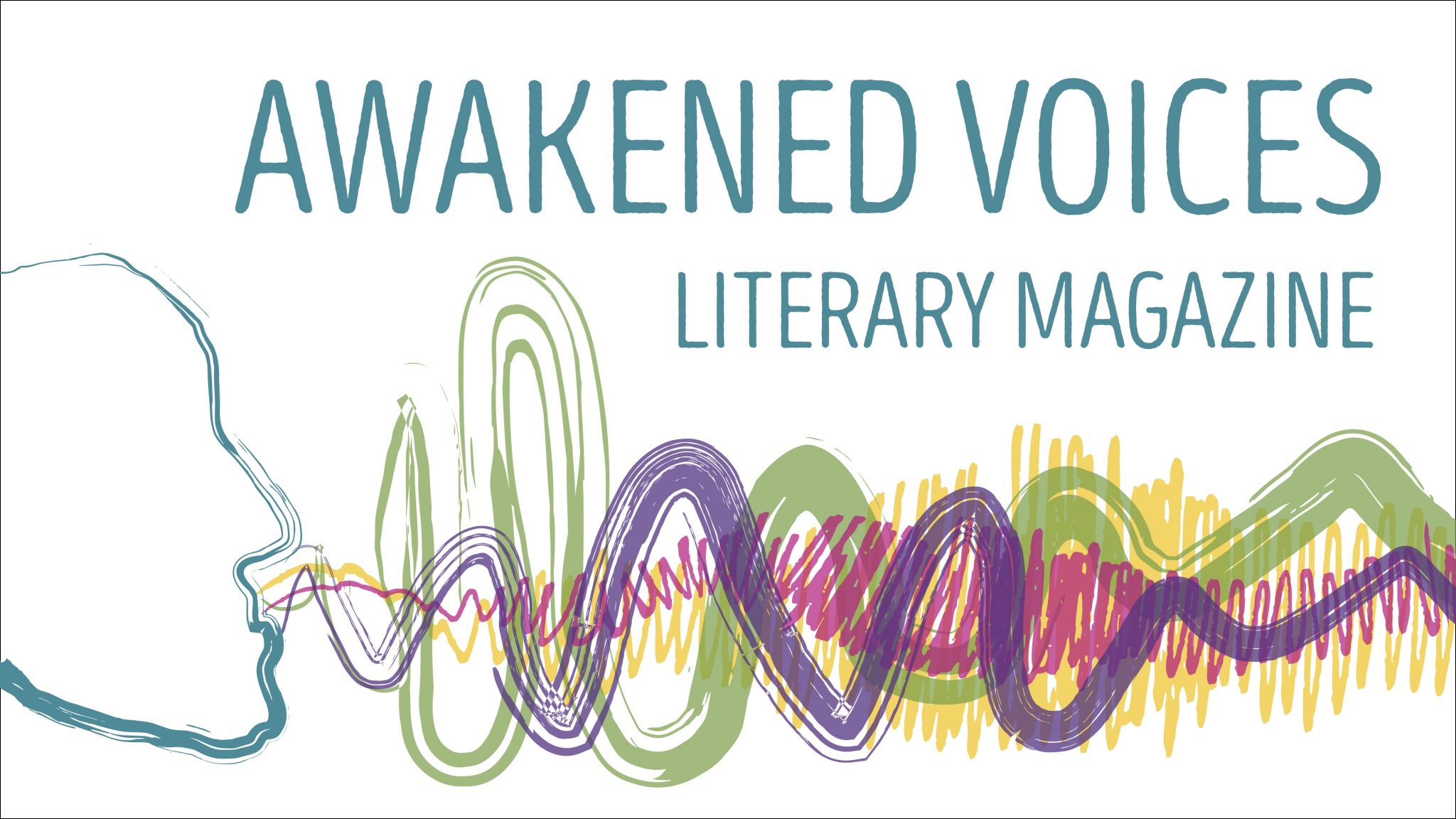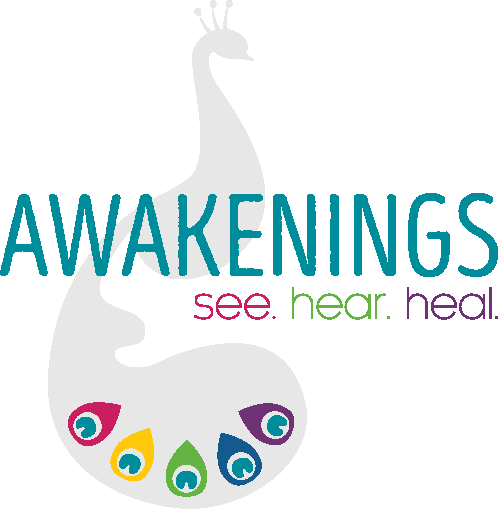
In her essay, Rachel Litchman highlights groups of survivors who don’t often get the spotlight. She focuses on institutionalized children, both from a personal perspective and from an objective standpoint, and she reveals the prevalence of sexual violence for this overlooked group of people. Rachel is no stranger to Awakenings as her piece of visual art, Complex Trauma: A Memoir, is currently on display in our gallery until the end of February 2019, and her thoughtful, enlightening written voice is now a valuable addition to The Nightingale.

We Need to Break Through the Silence on Abuses of Institutionalized Children
by Rachel Litchman
When I was thirteen years old, I was sexually abused by a staff member in a psychiatric hospital. The first time she abused me, she took me into the examination room for a routine strip-search. She stripped me of my clothes, threw a tissue box at me because I was crying, and laughed that I was “snotting all over myself.”
The second time she abused me, she took me into the exam room for an EKG. She made me, again, take all my clothes off. She had me lie naked on the examination table. In the hour-long events that followed, the ways she touched me she called “procedure.”
I did not speak about what happened in the hospital for four years. I was thirteen, unable to define sexual violence beyond heteronormative stereotypes, and told by the police officer on duty, when I asked to call my mom, that what had happened was not illegal. At that age, my privilege granted me the perspective of seeing illegal as synonymous with wrong and legal as synonymous with right. The fact that the staff member would not be punished for what she did made me believe I was not human enough to be wronged by violence. I spent the next five years convincing myself I was wrong to feel traumatized, and even as I began to research definitions of sexual violence and understand what had happened to me, I never spoke up until four years later.
As an undergraduate now at the University of Wisconsin-Madison, I am speaking more about my experiences. In April, I wrote a speech about my abuse at the hospital for Take Back the Night. Following the speak-out, a woman lingered behind on the steps and thanked me. She thought she was the only one who had been abused as a child in a psychiatric facility. Later, we met for dinner and shared our experiences; the stories she told me were proof that the abuse of institutionalized children is both a national problem and largely silenced.
I have been made to believe that the violence I experienced in the hospital was a statistical anomaly. No story of sexual abuse in a psychiatric facility has ever made it into the mainstream consciousness, and when I began to search the internet for stories similar to mine in the Chicago area, the most in depth article left the details of sexual abuse seemingly, protectively, vague. Without solid statistics or widely publicized stories of sexual violence in psychiatric settings, it feels as if I am unable to say “me too” but instead only an isolated “me.” As a result of the public silence, I feel as if I’ve been told my experiences are not about systemic dehumanization, but as a result of individual flaws.
But the abuse and sexual abuse of institutionalized people is systemic. Despite the lack of public outcry, the state-sponsored abuse and even the murder of people with psychological disabilities is a pattern. Activist, lawyer, and author of Invisible No More: Police Violence Against Black Women and Women of Color, Andrea J Ritchie, writes in her book that national statistics reveal “roughly a third to a half of all people killed by police are disabled” and a recent study by the Washington Post reveals that a quarter of individuals killed by police were labeled as mentally ill. Additionally, through Ritchie’s inclusion of women of color’s experiences with strip and body cavity searches, surveillance in bathrooms, and sexualized encounters with police, Ritchie expands the picture of sexual violence to include abuse that often gets justified on the basis of controlling images of black, disabled, and queer people as inherent ‘criminals.’
While Ritchie has put the light on the experiences of black woman and their interactions with police, she does not ignore intersecting identities of disability, class, and gender. Ritchie’s text is essential for the understanding of how the state-sponsored abuse of marginalized people often gets excluded from conversations of sexual violence and how in a white, ableist, heteronormative society, abuse of power thrives in paradoxical language; police violence against women of color is enabled by police who have the authority to define and punish violence, and for me, as a disabled person supposedly under the “care” of the staff member, her role as “caregiver” granted her the authority to define what care was even if it was abuse.
My hope is that one day people with disabilities, and not just people with disabilities, but also people whose experiences with disability are locked outside of public view, will no longer have to empathically insert ourselves, but be included already as an acknowledged part of conversation on sexual violence. Until then, it feels essential for me to say for myself, and for others abused in psychiatric settings, us too.
*
Rachel Litchman is an undergraduate at the University of Wisconsin-Madison, writer, artist, and alumnus of the Voices and Faces Project “Stories we tell” workshop. She is the recipient of the Sociologist for Women in society’s 2017 undergraduate social action award for her writing and public speaking on the topic of childhood sexual abuse. She writes about disability justice on the blog of Rooted in Rights and has had nonfiction and poetry published in Anomaly, The Journal, Colorado Review, and Columbia College Chicago Young Author’s Blog.
This essay was originally published on Rooted in Rights and is republished with permission. https://www.rootedinrights.org/we-need-to-break-through-the-silence-on-abuses-of-institutionalized-children/
